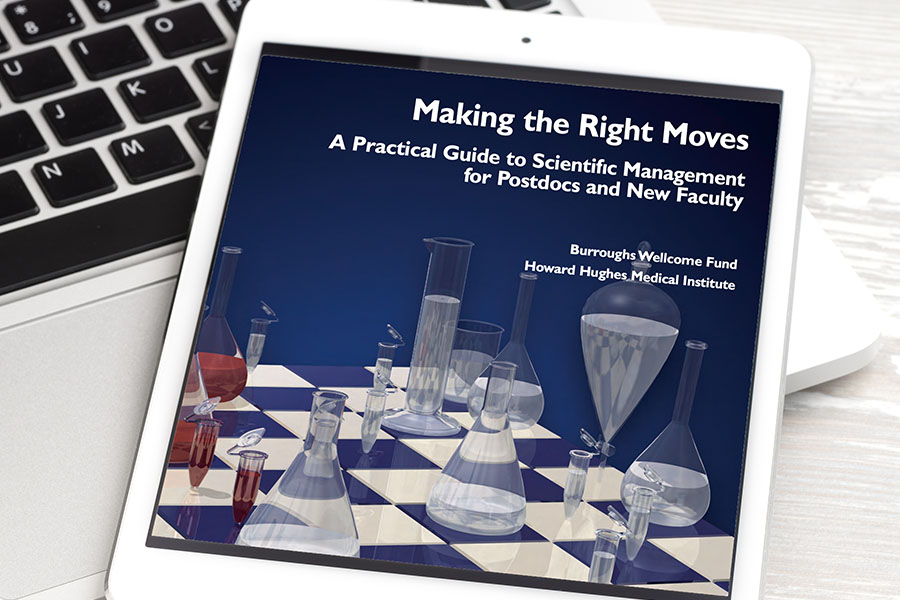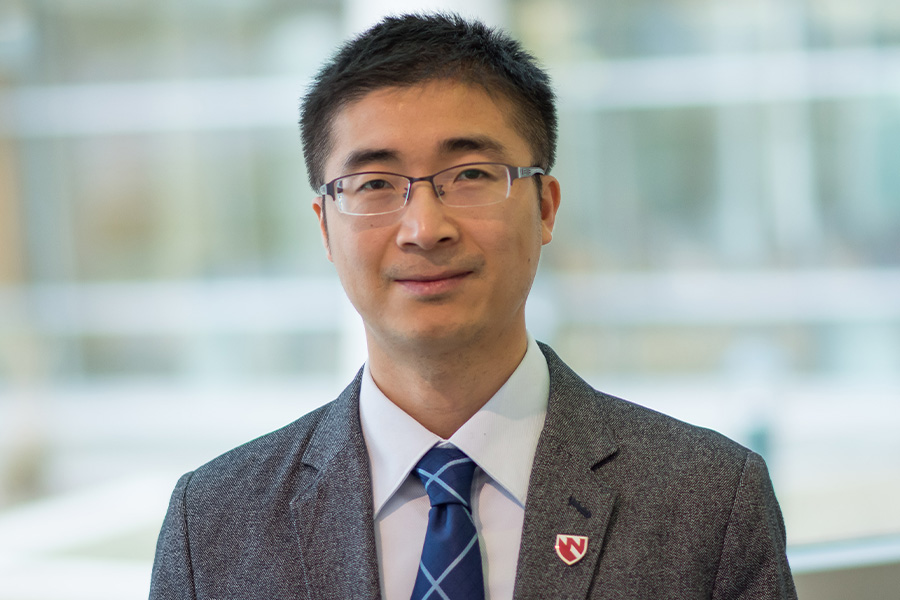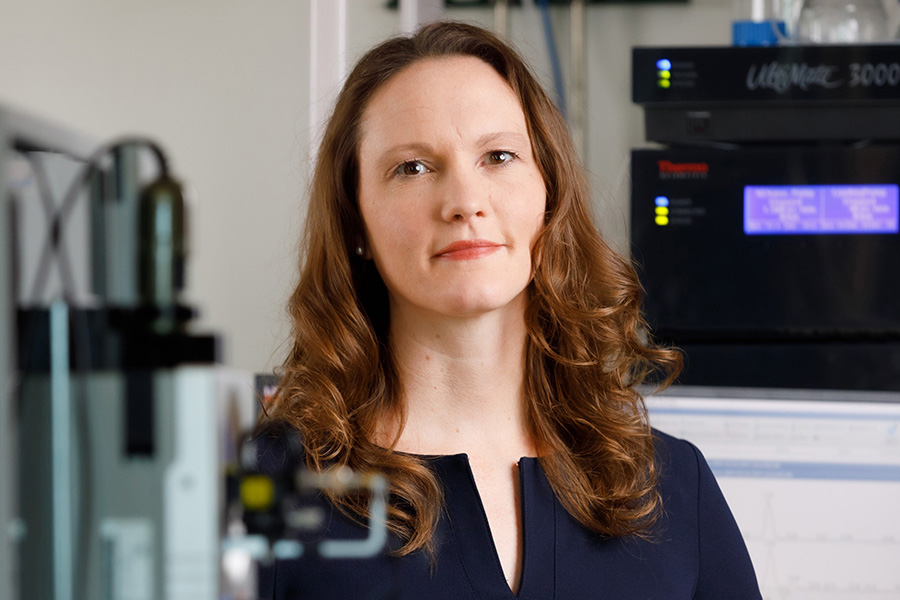Mentoring

A high quality postdoctoral training experience depends upon a realistic and productive relationship between a postdoctoral scholar and a mentor.
UNMC is committed to facilitating such relationships by offering the highest levels of structural oversight, training, and supplemental workshops and seminars. Acquiring these associated skills are necessary for an independent career.
Your Mentoring Experience
Both experienced postdocs and mentors suggest a thorough investigation before signing on as a postdoc.
Think about the kind of mentor you want
Some postdocs place paramount importance on the prestige of the principle investigator, while others emphasize mentoring. A researcher of renown has great power to help a career; a newer assistant professor may offer more attention, responsibilities and a substantial role in lab building.
Consider asking these questions
- What are the advisor's expectations of you?
- Will you or the advisor determine the research program?
- How many postdocs has this advisor had? Where did they go afterward?
- What do current and past lab members think about their experience?
- Will the advisor have time for mentoring? Or, should you seek out other mentors?
- How many others (grad students, staff, postdocs) now work for this advisor?
- How many papers are being published? Where?
- What is the advisor's policy on travel to meetings? Authorship? Ownership of ideas?
- Will you get practice in grant writing, teaching/mentoring, oral presentations, review of manuscripts?
- Can you expect to take part of the project away after completion?
- How long is financial support guaranteed? On what does renewal depend?
- Will you receive help in finding a position?
- Will the advisor have adequate research funds to support the proposed research?
- What are the leave policies for international postdocs traveling back to their native country?
At UNMC, we want to make sure you get the most out of your mentoring experience. That is why our mentors regularly attend training to enhance their skills.
In general, you should expect your mentor to:
- Assist you in establishing a list of expectations and goals that are in place at the outset of your postdoctoral training.
- Provide the facilities, resources and guidance you need to achieve those goals.
- Guide you in manuscript preparation, submission requirements and presentation of scientific research
- Provide regular feedback and evaluations on your work and career development, including a formal annual performance review.
- Support your attendance at career development workshops and seminars (such as grant-writing workshops, placement workshops and workshops to improve scientific writing and presentation).

Making the Right Moves: A Practical Guide to Scientific Management for Postdocs and New Faculty
This free ebook from Howard Hughes Medical Institute is a collection of practical advice from experienced researchers and faculty and includes key insights on leadership, getting funded, project management, and teaching and course design.



